Jim Chalmers’ credible wellbeing budget ‘years away’, experts say
Jim Chalmers has defended his wellbeing framework, despite it being plagued by patchy and outdated data, saying it was ‘only a first crack at it’.
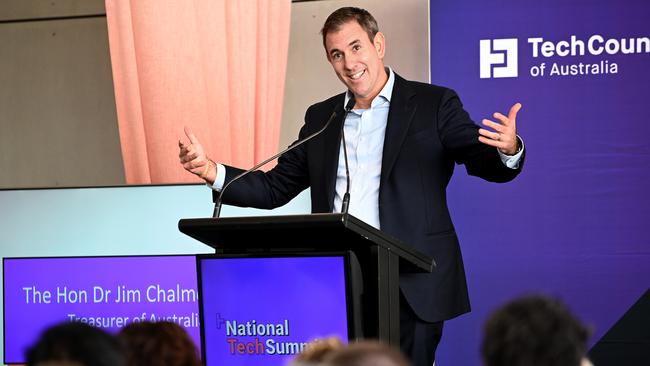
Australia is years away from implementing a credible “wellbeing” budget, experts say, after Jim Chalmers’s highly anticipated Measuring What Matters report was revealed to be plagued with incomplete and outdated data.
The Treasurer on Friday defended his inaugural wellbeing framework, saying it was “our first crack at it” and “we welcome people’s feedback”.
“One of the tasks is to identify the gaps in the data, or where it’s not up to scratch or where we need it more frequently, so that we can try to address those gaps,” Dr Chalmers said.
“We’ve been pretty upfront about that and we do want people to discuss it, we want people to critique it, we want people to give us feedback, and we’ll take that into consideration as we refine it going forward,” he said.
“This is an ongoing thing. I want it to be a feature of the economic conversation in the years ahead. What we’re releasing is all about trying to broaden the economic conversation so that we’re focusing on health and wellbeing, security, prosperity, cohesion, and sustainability as well.”
The government believes the Measuring What Matter report will eventually provide policymakers, businesses and community groups with a more complete snapshot of national prosperity and progress than traditional economic metrics such as GDP.
Centre for Policy Development chief executive Andrew Hudson defended the Measuring What Matters document, as well as the broader concept of finding new and better ways to measure progress and prosperity.
“I appreciate that some of the data is old but it provides an opportunity to get new data, and I’m sure the government will do that. This is a first draft,” he said.
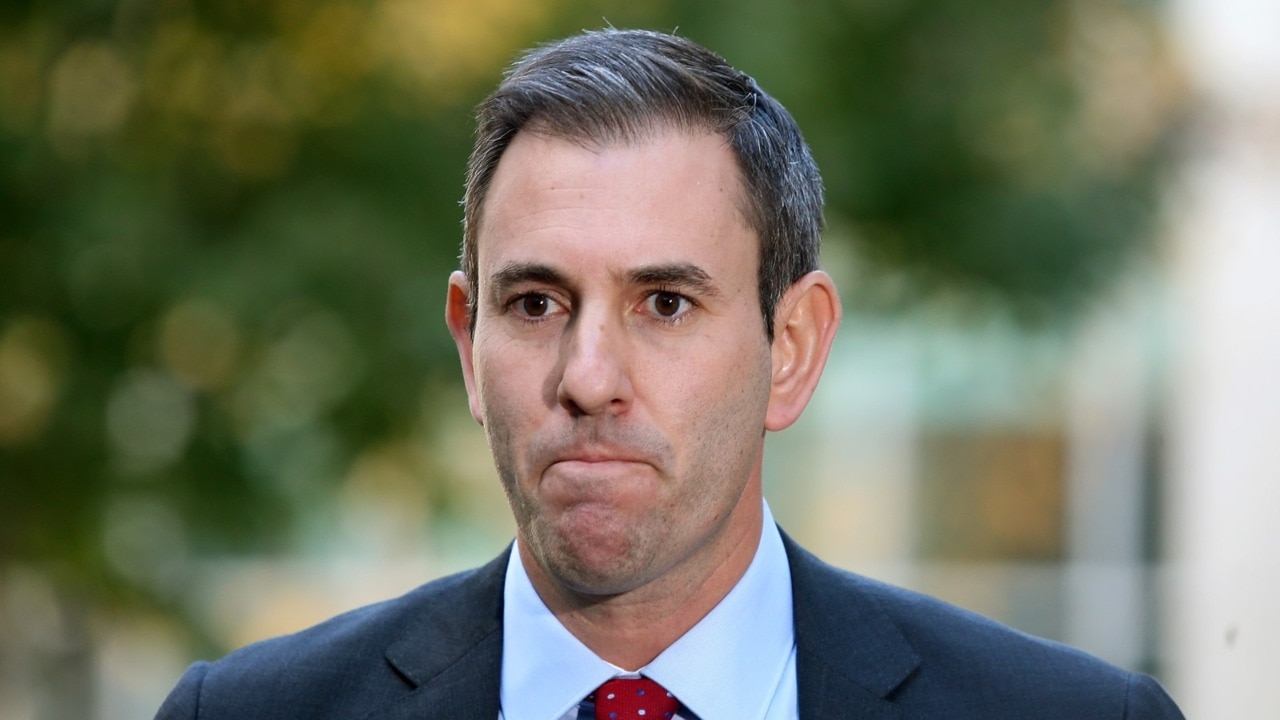
“It isn’t a wellbeing budget yet, that is clear, and it will take years to get there.
“So we are on that journey to get there, and we do want to take time to make sure we are measuring what matters,” he said.
Adam Triggs, a partner at economic consultancy Mandala, said the idea of a wellbeing framework “sounds great, but when you try to do something on it, it gets a lot harder”.
“I think they are asking the right questions but struggling to give the right answers,” Dr Triggs said.
He said the report revealed major shortcomings in the government’s capacity to track these type of indicators, including an over reliance on surveys and other sources that were often “out of date and patchy”.
Dr Triggs agreed that based on Friday’s wellbeing framework, the prospect of it being a meaningful policy tool remained years into the future.
Still, he said, it could ultimately prove beneficial.
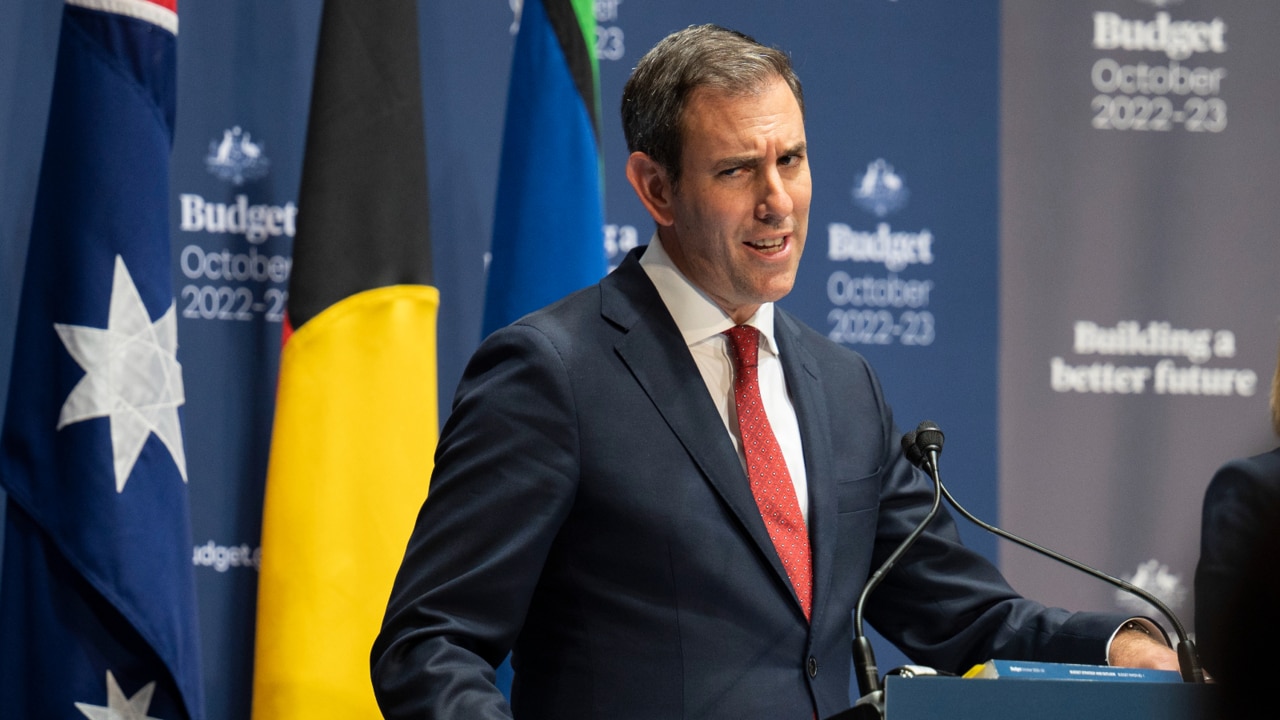
“If you take an investment approach to spending, such as in preventive health or early education, then a little bit of money today pays huge dividends in the future. And we’ve never been good at that,” he said.
“So if these frameworks focus our minds and efforts on things like that which are going to make a really big difference to our country, then that would be a fantastic outcome.”
The Australian revealed major shortcomings among the 50 key indicators used in the report to create a broader picture of national prosperity beyond traditional measures such as the GDP and income.
For example, the report found that homeowners were finding it easier to service their mortgages, based on 2020 data when borrowing rates were nearing their lowest ever.
The report tracked mental health data and labelled it “stable”, based on a five-year-old survey that predated the crushing Covid-19 lockdowns.


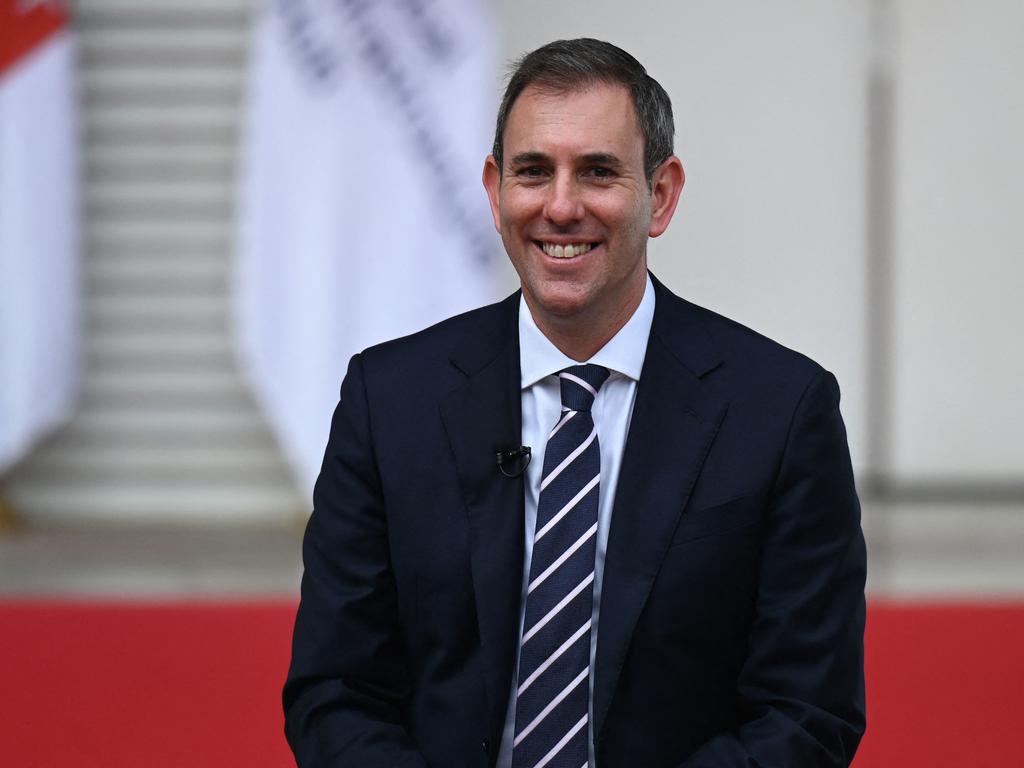
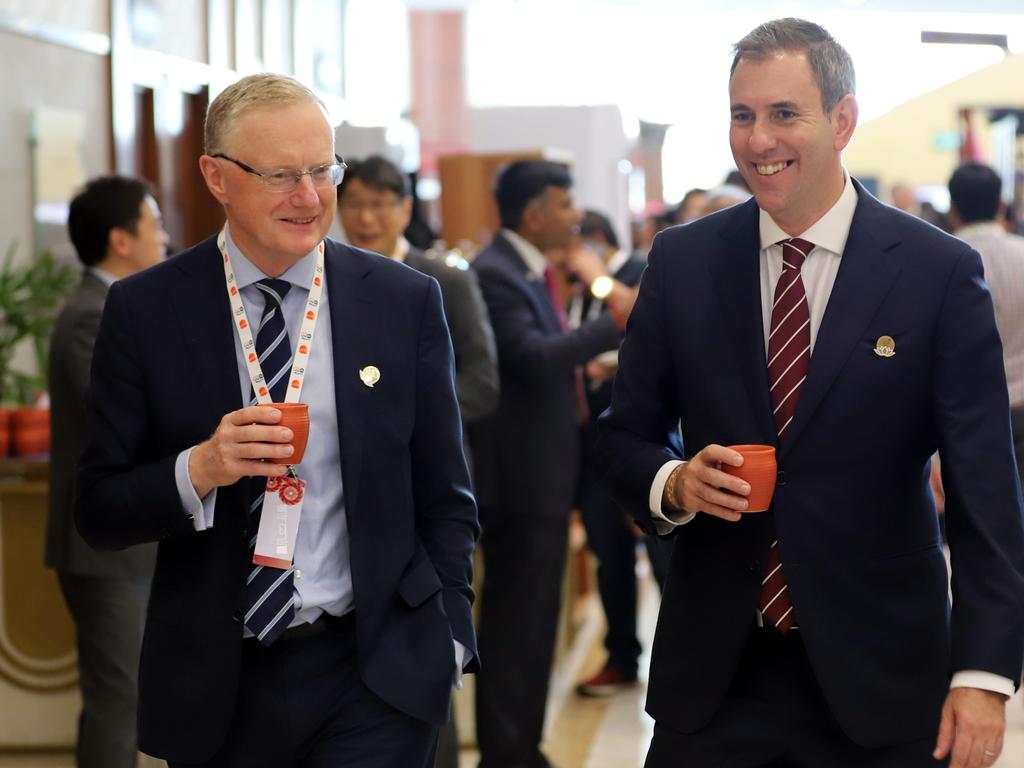

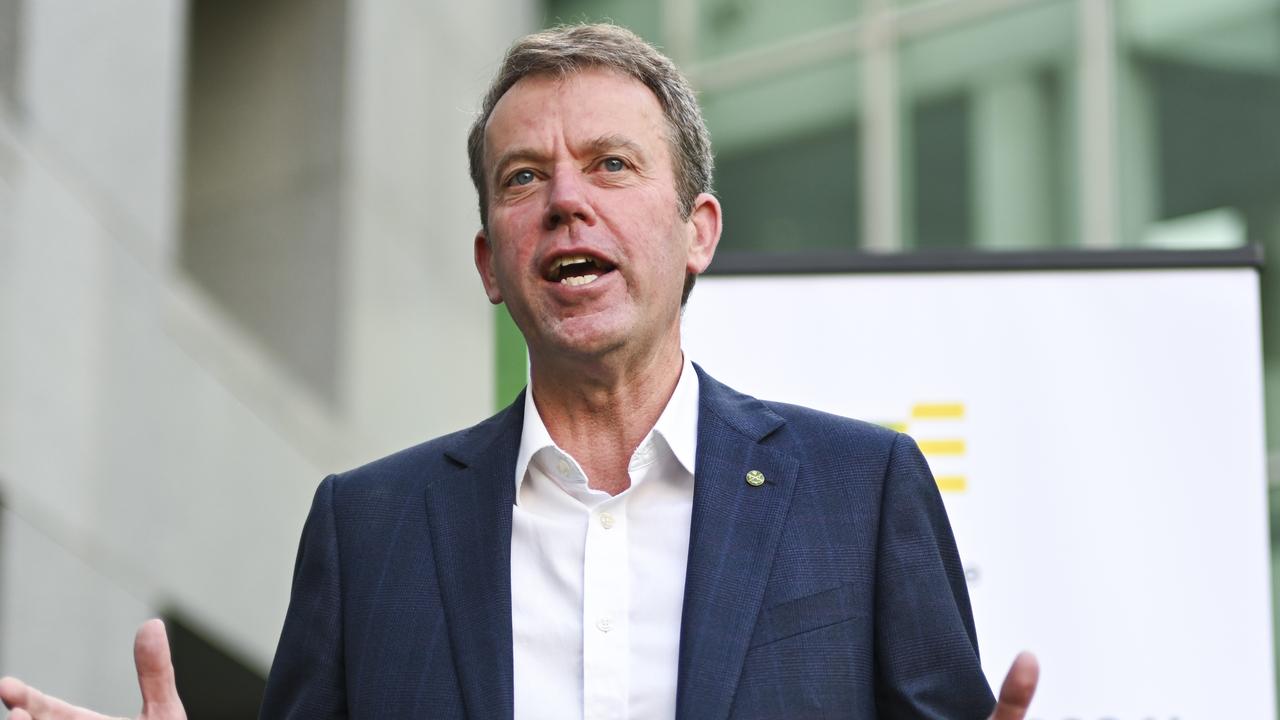

To join the conversation, please log in. Don't have an account? Register
Join the conversation, you are commenting as Logout